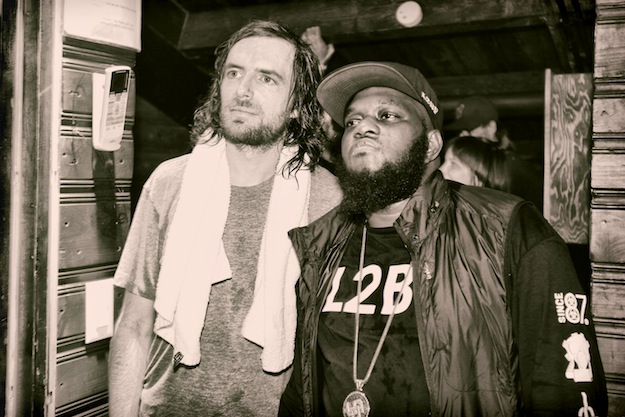

Mashup artists who seek protection under fair use may find their works protected, depending on how much it transforms the original work. Courts also consider the effect a parody or transformative piece has on the market share for the original artist. Courts that review cases involving fair use must consider how samples are used and how much they are used when determining if the works are protected by it. For example, fair use has been used regularly to shield parodies. Are mashups covered by fair use?įair use doctrine was designed as a way to protect the first amendment right to freedom of expression for works deemed valuable to society.

This suggests that mashups and samplings aren’t, in fact, protected under fair use, but there are still ways that maship artists can defend their works. Dimension determined that it is possible for mashup artists to be guilty of copyright infringement even if a one second sample of music is used. In 2005, a court decision regarding the case of Bridgeport v.

A mashup is a style of music that contains elements or samples from songs created by other artists. What’s the challenge with mashups?Īt face value, mashups appear to epitomize copyright infringement, but the situation isn’t quite so cut and dry. Copyright owners get certain exclusive rights to their works, and can also limit others from using their works in certain cases. What’s a copyright?Ī copyright is a legal protection given to authors of original works, like songs, paintings, and novels. Here’s some background on copyrights, fair use, and how mashup artists have handled this tricky issue. As this area of the law evolves, nothing is straightforward. On the other hand, if you’re a mashup artist, you want to do it without getting in a copyright infringement lawsuit. If you’re a musician, you might want to protect your works from being used without permission. The use of mashups and sampling in music has created many questions when it comes to copyright protections.


 0 kommentar(er)
0 kommentar(er)
